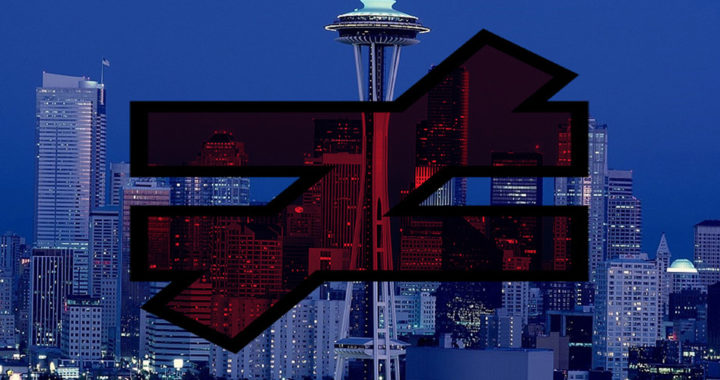Why is there inequality in capitalism? Renowned philosopher and economist Karl Marx wrote extensively about his condescension toward capitalism. One of his strong arguments against this economic system is about the inevitability of inequality. He explained that capitalism creates conditions or situations that promote inequality between the rich and the poor or, more appropriately, between the capitalists and the working class.
Understanding the Arguments of Karl Marx Against Capitalism: How and Why Inequality is an Inevitable Consequence of a Capitalistic Society
Social Classes and Class Struggles in Capitalism
Social classes and the accompanying class struggles inherently exist in a capitalistic society. In their 1848 political pamphlet “The Communist Manifesto,” Marx and Friedrich Engels discussed how capitalism creates two classes of people in the society: The proletarians composed of the working class and the bourgeois composed of the capitalists or the owners of the means of production.
A struggle exists between the proletarians and bourgeois due to competing interests. Of course, members of the working class would naturally aspire to receive higher wages. This is attainable in an ideal world where greed and self-interest are inexistent. However, capitalism is all about maximizing profitability and competition against counterparts with similar business or trade. Capitalists would aspire to have higher gains because the success of their businesses is determined by the level of their profitability. One of the ways to maximize profitability is to keep wages or labor costs as low as possible.
It would also be impractical for capitalists to raise the wages of their workers because, apart from undermining their profitability, doing so would give the common people the economic freedom that could create an opportunity for competition. Giving the proletarians a higher share of the profit could result in their empowerment that, in turn, could engager the social position of the bourgeois.
Surplus Value and Exploitation of Labor Under Capitalism
Capitalists exploit their laborers by denying them a fair share of profits, and through the concept of property rights, this exploitation becomes legal and morally accepted. In his 1867 book “Das Capital” or “Capital: A Critique of Political Economy,” Marx illustrated how this oppressive setup becomes a possibility under a capitalistic society.
The usual order of things would start with a capitalist making an initial investment by using his or her own personal or borrowed resources to put up a business—particularly by purchasing or building the means of production and hiring labor workers. This investment would result in productivity. Over time, the business would generate enough income not only to cover the initial expenses or a return of investment but also to achieve profitability. Given that the business and economic landscapes remain viable for operation, the business would result in continuous profitability. This is how the exploitation of laborers occurs.
Marx argued this is a clear case of exploitation because members of the working class continue to work for the same wage or salary even though their tenured collective contributions in the business have generated more than enough profit resulting in surplus value. The capitalist would not readily give an equal share of profits due to self-interest. Of course, under capitalism and specifically through property rights, the capitalist has the exclusive rights to the profit and surplus value generated by his or her laborer.
The aforementioned arrangement creates a situation in which the capitalist becomes richer while the social and economic conditions of laborers remain virtually unchanged. Inequality in capitalism becomes more apparent.
Conclusion: Inequality in Capitalism According to Karl Marx
Capitalism is an economic system based on the private ownership of the means of production. It allows individuals to own and operate their own business or trade while promoting open competition and free market. While it complements individual rights and the concept of democracy, critics have argued that this system creates an environment susceptible to conflict.
However, there is inequality in capitalism according to Karl Marx. This because it creates a discord between the working class or proletarians and the capitalists or bourgeois. From the discussion above, he argued that this inequality results from the inherent creation of the social classes under a capitalistic economic arrangement, the resulting struggle or conflict between these two classes due to competing interests, and the unfair distribution of profit and surplus as supported by property rights.
Based on “The Communist Manifesto” and “Capital: A Critique of Political Economy,” it is worth mentioning that the aversion of Marx against capitalism coincides with his support for socialism and communism. This alternative socio-political and economic system centers on the equal distribution of profit by removing the individual right to own the means of production. In other words, ownership is equally distributed among the members of society.
FURTHER READINGS AND REFERENCES
- Isaiah, B. 1967. Karl Marx: His Life and Environment. New York: Times Book Division
- Marx, K. & Engels, F. 1848. The Communist Manifesto. Germany. An English version of this book is available in 2007, Manifesto of the Communist Party. 1st ed. Radford, VA: Wilder Publications
- Marx, K. (1867). Das Kapital. An edited and English version of this publication is available in S. Moore & E. Aveling, Trans., 2012, Capital: Critique of Political Economy. Aristeus Books ISBN: 978-1478245391

